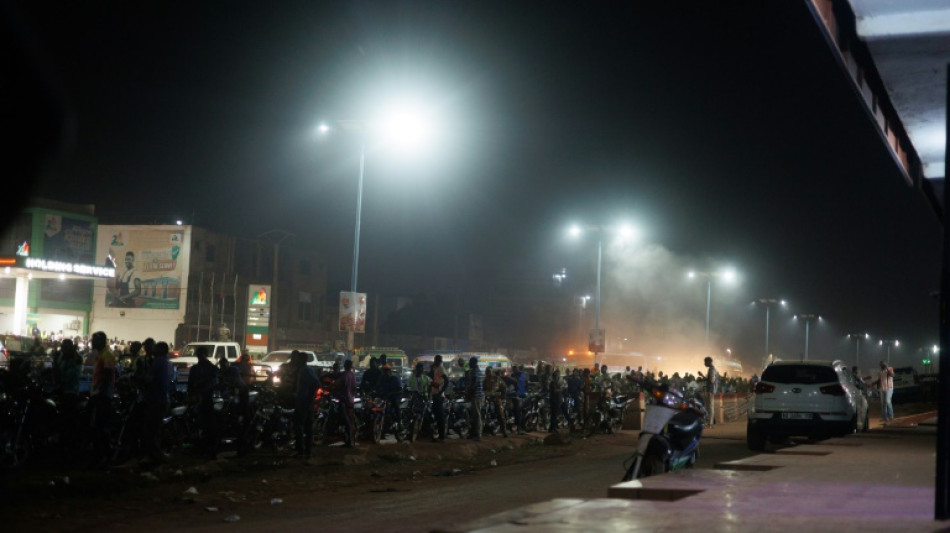
-
 PSG ordered to pay around 60mn euros to Mbappe in wage dispute
PSG ordered to pay around 60mn euros to Mbappe in wage dispute
-
BBC says will fight Trump's $10 bn defamation lawsuit

-
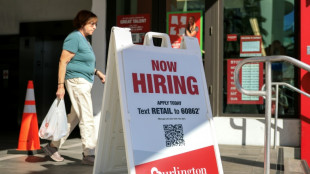 Stocks retreat ahead of US jobs, oil drops on Ukraine hopes
Stocks retreat ahead of US jobs, oil drops on Ukraine hopes
-
Suicide bomber kills five soldiers in northeast Nigeria: sources
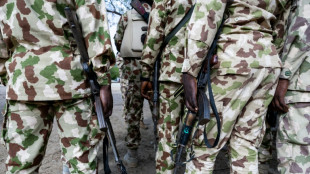
-
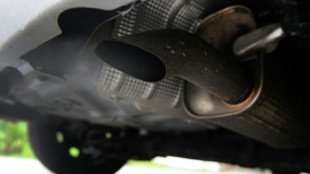 EU set to drop 2035 combustion-engine ban to boost car industry
EU set to drop 2035 combustion-engine ban to boost car industry
-
Australia's Green sold for record 252 mn rupees in IPL auction

-
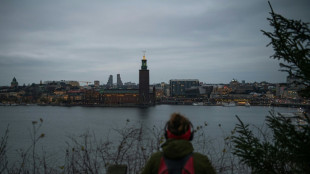 Elusive December sun leaves Stockholm in the dark
Elusive December sun leaves Stockholm in the dark
-
Brendan Rodgers joins Saudi club Al Qadsiah

-
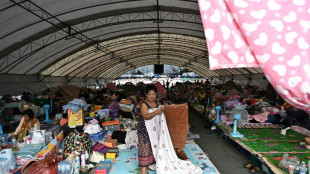 Thailand says Cambodia must announce ceasefire 'first' to stop fighting
Thailand says Cambodia must announce ceasefire 'first' to stop fighting
-
M23 militia says to pull out of key DR Congo city at US's request
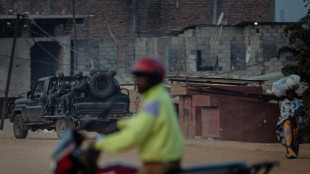
-
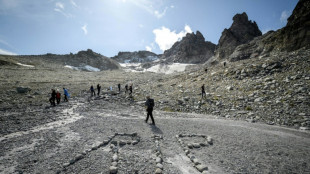 Thousands of glaciers to melt each year by mid-century: study
Thousands of glaciers to melt each year by mid-century: study
-
China to impose anti-dumping duties on EU pork for five years
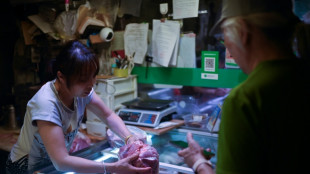
-
 Nepal starts tiger census to track recovery
Nepal starts tiger census to track recovery
-
Economic losses from natural disasters down by a third in 2025: Swiss Re
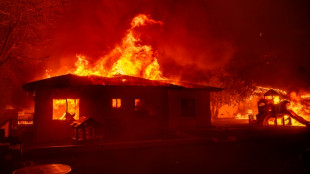
-
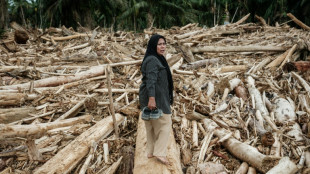 Indonesians reeling from flood devastation plea for global help
Indonesians reeling from flood devastation plea for global help
-
Timeline: How the Bondi Beach mass shooting unfolded
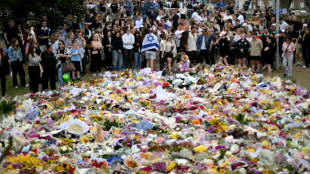
-
 On the campaign trail in a tug-of-war Myanmar town
On the campaign trail in a tug-of-war Myanmar town
-
Bondi Beach suspect visited Philippines on Indian passport
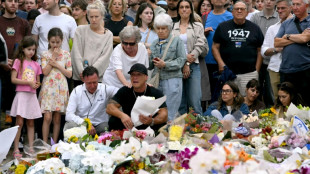
-
 Kenyan girls still afflicted by genital mutilation years after ban
Kenyan girls still afflicted by genital mutilation years after ban
-
Djokovic to warm up for Australian Open in Adelaide

-
 Man bailed for fire protest on track at Hong Kong's richest horse race
Man bailed for fire protest on track at Hong Kong's richest horse race
-
Men's ATP tennis to apply extreme heat rule from 2026

-
 Cunningham leads Pistons past Celtics, Nuggets outlast Rockets
Cunningham leads Pistons past Celtics, Nuggets outlast Rockets
-
10-year-old girl, Holocaust survivors among Bondi Beach dead
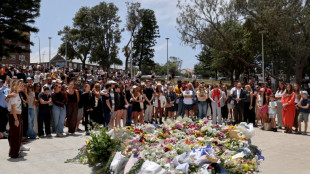
-
 Steelers edge towards NFL playoffs as Dolphins eliminated
Steelers edge towards NFL playoffs as Dolphins eliminated
-
Australian PM says 'Islamic State ideology' drove Bondi Beach gunmen
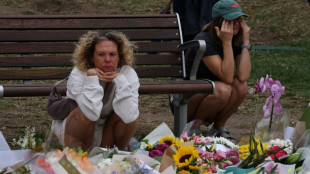
-
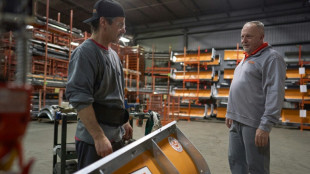 Canada plow-maker can't clear path through Trump tariffs
Canada plow-maker can't clear path through Trump tariffs
-
Bank of Japan expected to hike rates to 30-year high
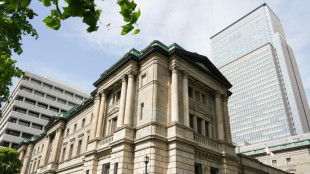
-
 Cunningham leads Pistons past Celtics
Cunningham leads Pistons past Celtics
-
Stokes tells England to 'show a bit of dog' in must-win Adelaide Test

-
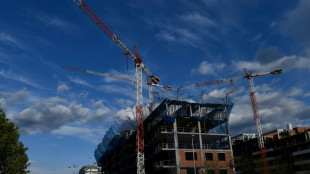 EU to unveil plan to tackle housing crisis
EU to unveil plan to tackle housing crisis
-
EU set to scrap 2035 combustion-engine ban in car industry boost
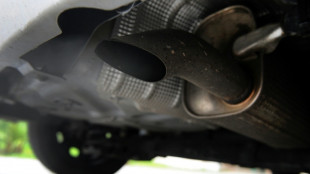
-
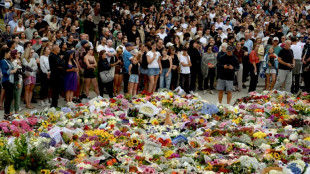 Australian PM visits Bondi Beach hero in hospital
Australian PM visits Bondi Beach hero in hospital
-
'Easiest scam in the world': Musicians sound alarm over AI impersonators

-
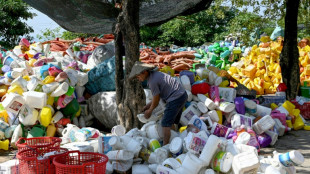 'Waiting to die': the dirty business of recycling in Vietnam
'Waiting to die': the dirty business of recycling in Vietnam
-
Asian markets retreat ahead of US jobs as tech worries weigh
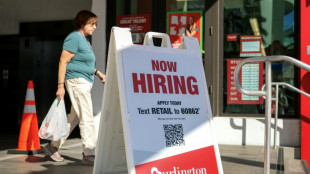
-
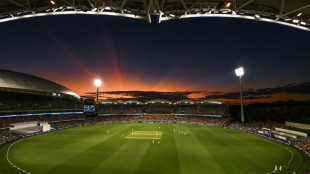 Security beefed up for Ashes Adelaide Test after Bondi shooting
Security beefed up for Ashes Adelaide Test after Bondi shooting
-
Famed Jerusalem stone still sells despite West Bank economic woes
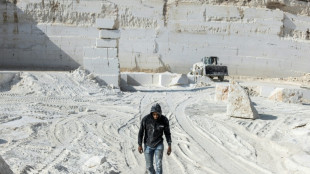
-
 Trump sues BBC for $10 billion over documentary speech edit
Trump sues BBC for $10 billion over documentary speech edit
-
Chile follows Latin American neighbors in lurching right

-
 Will OpenAI be the next tech giant or next Netscape?
Will OpenAI be the next tech giant or next Netscape?
-
Khawaja left out as Australia's Cummins, Lyon back for 3rd Ashes Test

-
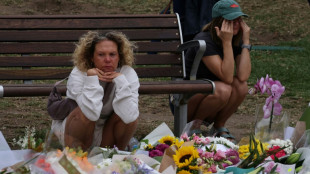 Australia PM says 'Islamic State ideology' drove Bondi Beach shooters
Australia PM says 'Islamic State ideology' drove Bondi Beach shooters
-
Scheffler wins fourth straight PGA Tour Player of the Year

-
 Twin Vee PowerCats Co. Positions Itself to Capitalize and Ride Industry Growth in the Expanding Catamaran Market
Twin Vee PowerCats Co. Positions Itself to Capitalize and Ride Industry Growth in the Expanding Catamaran Market
-
One Year After Go-Live, NOVO Hospital Confirms the Long-Term Value of Digital Pathology with Tribun Health

-
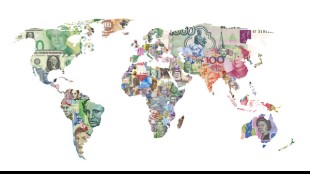 WongDoody Creates Immersive Experience of Stadium Takeover at NBA and NFL Games with Netflix's Squid Game: The Challenge
WongDoody Creates Immersive Experience of Stadium Takeover at NBA and NFL Games with Netflix's Squid Game: The Challenge
-
QNX Embedded Technology Now Powering More Than 275 Million Vehicles on the Road

-
 Join FatPipe's Exclusive Live Investor Webinar and Q&A Session on December 16
Join FatPipe's Exclusive Live Investor Webinar and Q&A Session on December 16
-
Loop Industries and Ester Industries' India Joint Venture Awards Detailed Engineering Contract to Toyo for Infinite Loop(TM) India


Jihadist fuel blockade makes life a struggle in Mali's capital
In Bamako's business district, hundreds of cars and motorcycles sit stranded day and night on a boulevard, waiting for one of three side-by-side petrol stations to finally have fuel.
Jihadists have rendered everyday life in Mali increasingly impossible in recent weeks via a fuel blockade that has brought the west African country to its knees.
"I've been here for three days. I've spent two nights here", Karim Coulibaly, a bus driver in his 30s, told AFP from the line in the capital, adding that the lack of fuel had rendered him "unemployed".
Over the course of three days, only one tanker arrived to replenish the stations' tanks, and the fuel was gone within an hour, as authorities watched on.
Since back-to-back coups in 2020 and 2021, Mali has been ruled by a military junta that is struggling to counter various armed groups, particularly the Al-Qaeda-linked Group for the Support of Islam and Muslims (JNIM), which is waging the blockade.
Throughout the capital, fuel is being rationed at 10,000 CFA ($17.75), or about 13 litres (3.4 gallons) of gasoline.
A litre purchased at the pump resells on the black market for around three times the initial price, residents told AFP.
"We have no choice. It's take it or leave it," one customer said, asking to remain anonymous for security reasons.
Since September, JNIM has been targeting fuel tankers, particularly those coming from Senegal and Ivory Coast, through which the majority of Mali's imported goods transit.
- Killed, kidnapped, ambushed -
JNIM has recently appeared to be seeking to isolate Bamako by increasing operations on the surrounding roads.
Many tankers have been set on fire, while drivers and soldiers have been killed or kidnapped in jihadist ambushes.
JNIM is retaliating against the authorities' ban on the sale of fuel at locations other than service stations in rural areas, a move meant to dry up the jihadists' fuel supply lines, according to authorities.
The blockade has hit the capital particularly hard the past two weeks, with the landlocked Sahel nation's economy grinding to a halt.
"I haven't gone to work for a week," said Oumar Diallo, a civil servant waiting in the kilometre-long queue.
Meanwhile, the US embassy in Mali urged American citizens Tuesday to "depart immediately", citing the "unpredictability of Bamako's security situation".
On Wednesday, Italy and Germany also asked their nationals to leave the country as swiftly as possible.
- No electricity, no work -
The shortage is also exacerbating severe and recurrent power outages that have crippled the Malian economy for the past five years.
The supply of electricity has been reduced from 19 hours a day to six by provider Energie du Mali (EDM).
Mamadou Coulibaly, an electrician, has been out of work for a week. In addition, the 23-year-old's phone and external power banks have no power, meaning he can no longer communicate per usual.
At the last client's house he visited, he waited for hours for the electricity come back on so he could locate the electrical fault, but it never returned.
To get home, he had to push his motorcycle for 20 kilometres (12 miles).
"Since then, I've been here without money, without work, without any means of transportation," he said.
The junta announced Sunday evening that class was cancelled at schools and universities for two weeks due to the shortages.
In the middle of harvest season, some agricultural machinery has been rendered inoperable without fuel, with the shortages having struck daily life outside the capital several weeks earlier.
"Usually this time of year rice and millet prices drop because it's harvest time," Ousmane Dao, a 32-year-old grain vendor at a Bamako market, told AFP. "This year, it's not the case."
- Of spaghetti and solar panels -
In grocery stores, food stocks are low.
"We're starting to run out of spaghetti, macaroni and yogurt, even though they're made here," Hamidou Maiga told AFP from his Bamako grocery store. "Suppliers don't have the means to produce them because of the lack of electricity."
The junta has remained silent on the situation so far.
Bamako residents are grappling for solutions, with the more affluent installing solar panels to generate their own electricity.
"Everyone who can afford it has installed solar panels at home and in their offices," an EDM sales representative told AFP, speaking on condition of anonymity.
Like many young motorcyclists, 22-year-old mechanic Chaka Doumbia now relies on improvisation.
"I mix paint solvent with alcohol. With that you can get your engine running," he said.
The mixture, if not properly measured, can set an engine on fire.
F.Bennett--AMWN
